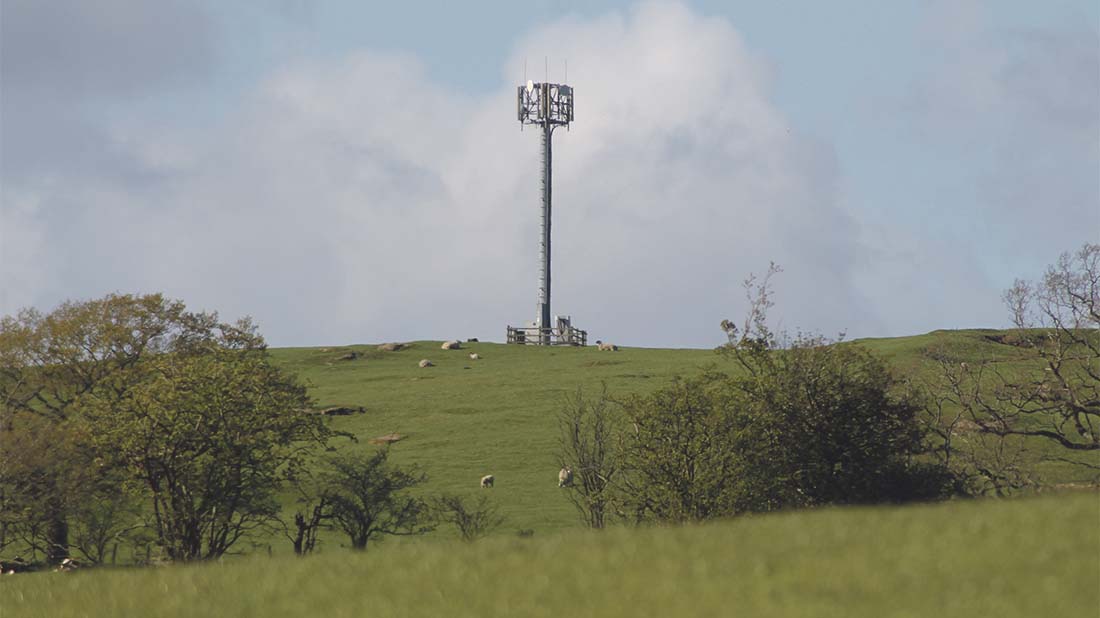Ofcom reports on 4G blackspots

According to telecoms regulator Ofcom, major mobile phone networks do not provide 4G coverage to 82 per cent of consumers in rural areas, compared to 36 per cent in urban area.
It also noted that an estimated one million offices and homes still do not receive broadband service that is adequate for their needs. In many cases, the signal is so weak that consumers are unable to send text messages or make calls.
The Government is now examining the possibility of changing regulations to make it simpler and less expensive for providers to construct mobile phone masts in rural areas and help bridge the “digital divide.”
Rural areas are the most impacted by slow connections, with 17 per cent of their homes experiencing the problem as compared with only two per cent in urban areas. However, coverage has improved overall, as the number of homes with poor connections fell below the 1.6 million reported last year.
Ofcom also reported an improvement in access to superfast broadband download speeds of 30 Mbps or higher, with availability given to 91 per cent of residences as compared to 89 per cent last year.
Tory MPs cautioned that Britain is at risk of staying in the “slow lane” and that economic growth in the country will suffer after Brexit without proper action.
Grant Shapps, Head of the British Infrastructure Group of MPs, said: “As Britain leaves the EU, it is more important than ever that people are able to communicate and work from home. We need a first-class 4G network and good broadband for everyone.”
Minister for Digital Matt Hancock said: ““We will have taken superfast broadband to 95 per cent of the UK by the end of the year, but we are not complacent, and there is more work to be done.”
